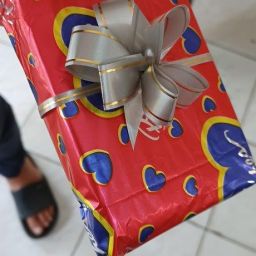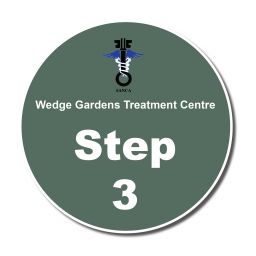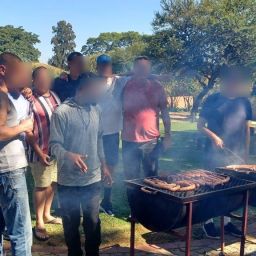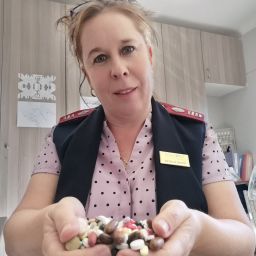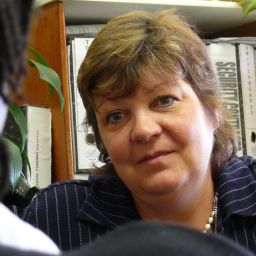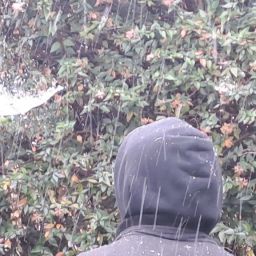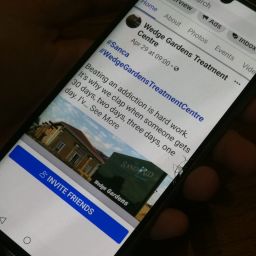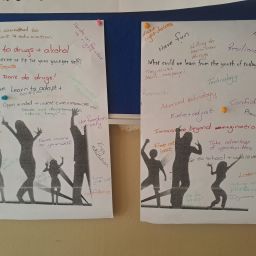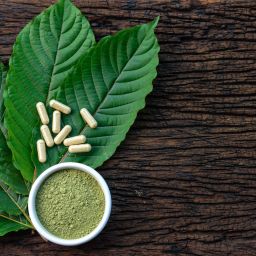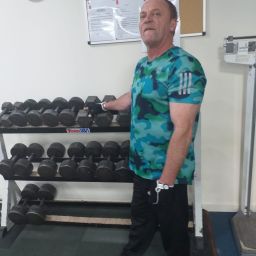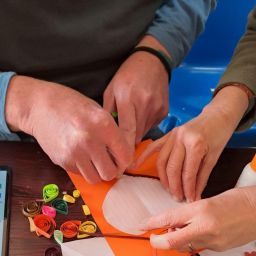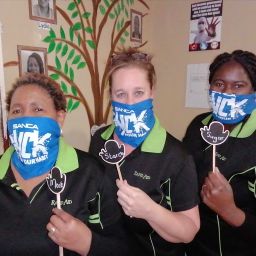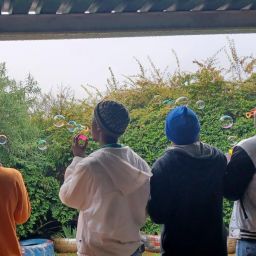As the world observes World Drug Day on June 26, the call to action is clear: Break the Cycle. But breaking the cycle of substance use disorder (SUD) isn’t just about treating the symptoms – it means identifying and healing the root causes.
At the forefront of this approach is SANCA Wedge Gardens, a Johannesburg-based treatment centre led by Adèl Grobbelaar, a veteran in the field of substance use recovery. According to Grobbelaar, what sets Wedge Gardens apart is its multi-layered approach to treatment, which goes far beyond detoxification or temporary abstinence.
“At Wedge Gardens, we don’t just treat addiction, we treat the person behind it,” says Grobbelaar. “That means digging deep into what led someone to develop a substance use disorder in the first place. Until those root causes are identified and addressed, long-term recovery is unlikely.”
Personalised treatment for complex lives
Wedge Gardens provides a comprehensive, inpatient rehabilitation programme that treats not only chemical dependency, but also co-occurring conditions such as sex addiction, gambling, trauma-related disorders and underlying psychiatric conditions. Every patient undergoes a detailed assessment to tailor treatment to their specific psychological, emotional and social needs.
While patients may share the diagnosis of SUD, Grobbelaar stresses that no two people arrive there the same way.
“For some, it starts with a deep-rooted sense of low self-worth, often shaped in childhood by absent or critical parents. Others may come from families where substance misuse was normalised; where reaching for a bottle or a pipe was how you coped with stress,” she explains.
The centre sees a significant number of patients with undiagnosed ADHD or ADD, some of who discover that stimulant drugs like CAT or cocaine initially help them focus. This leads to dangerous cycles of self-medication. Alcohol misuse is another common gateway, particularly among young people, due to its social acceptability.
“There’s enormous peer pressure in South Africa to drink from a young age,” Grobbelaar notes. “Teenage parties often include alcohol, sometimes supplied by parents who see it as harmless fun. But alcohol is a depressant, and in people prone to depression, it only makes things worse.”
Trauma and triggers
One of the most significant predictors of SUD that Wedge Gardens addresses is unresolved trauma. Many of its patients have experienced violent or life-altering events such as hijackings, the murder of loved ones, rape, molestation or childhood abuse.
“Trauma fundamentally changes how people view the world and themselves. If it’s not treated, substance use often becomes a coping mechanism,” says Grobbelaar.
For others, particularly in communities plagued by poverty and violence, gang involvement becomes a trap from which escape is nearly impossible. Children recruited into gangs at an early age often turn to drugs both as part of gang culture and as a way to numb the violence they witness or commit.
Why root cause treatment matters
The comprehensive care model at Wedge Gardens includes therapy, structured routines, medical support and life skills development – but at the heart of the programme is a commitment to helping each patient understand their journey into substance use.
“If we only treat the symptoms, we send people back into the same environment, the same patterns and the same pain that got them here,” says Grobbelaar. “That’s not rehabilitation, that’s just a pause. Real recovery starts when a person understands why they used, and they’re given healthier tools to cope.”
This root cause focus is perfectly aligned with the 2025 World Drug Day theme, which calls for international co-operation to dismantle the systems that sustain drug use and trafficking, but also for individual and community-level action to break the cycle from within.
About SANCA Wedge Gardens
Located in Johannesburg, SANCA Wedge Gardens is a registered inpatient treatment centre offering professional, evidence-based recovery programmes for adult men suffering from SUD and co-occurring disorders. The facility works closely with medical professionals, psychologists, social workers and families to support sustainable recovery.
For more information, visit www.wedgegardens.co.za


